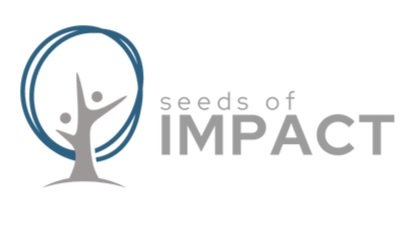The Power of the Pause
As parents, we can find ourselves in some really special situations.
From those that melt our hearts to those that shock our very cores, the things we experience and witness run the gamut. This is why the pause is such a powerful parenting tool. As with most humans alive, our emotions can get the best of us from time to time, and we find ourselves responding from those emotions. This isn’t so bad when we are feeling joy, gladness, contentment, and other generally positive emotions. But when we are feeling anger, frustration, confusion, fear, resentment, hurt, and so many others, our responses can often be on the negative side.
Enter, the pause.
When we pause before we respond, it gives us that spit second to breathe and give that initial response the opportunity to roll on away if needed. And, if you’re like me, it usually needs to go. For example, when I walk into a kid’s bedroom the day after they have ‘cleaned’ it and it looks like the Avengers battled it out in there, my first response can tend to be a little harsh. Why? Because I am truly shocked that one individual can create such chaos in less than 24 hours. And probably a little ticked off.
So I pause, and let that first response roll away and opt for something a little more positive. As you encounter all of those up and down situations that are just a part of parenting, learning to pause before you respond can be the difference between a reaction (which is emotionally driven) and a response (which is outcome driven).
When we react to the situations around us, we often place ourselves and our children at the mercy of our emotions. When we blow up or use sarcasm or make impulsive accusations, all based on our emotional state, then we are teaching our children to navigate our emotions. We are placing the responsibility of our emotions on them. Reactions are impulsive and often seek to relieve ourselves of some sort of emotional burden.
When we master the pause, we can move toward more responsive parenting. Responses are more measured and take into consideration the well being of those around us and long term outcomes. Responses are thoughtful and often seek to teach our kids.
Of course the pause itself is not the answer. It is what you do with the pause that matters.
Pause. Pray. Pivot.
Within the pause, we need to ask for help. Take a few seconds in the pause to pray. Ask for help. Some people take a minute to pray and reflect. Some people might take a few seconds to simply say, Lord, I need help. Whichever you do, just know that in those moments, you don’t have to do it alone. We have a helper, He is here with us, and we can call on him. And once you do, allow him to work in you and pivot. To pivot means, basically to go the opposite direction of where you were headed. For some this means, let that first comment roll away, while others might need to just walk away, and some might ask a curious question instead of making an assumption. However the Holy Spirit nudges you, move in that direction.
Keep in mind that it’s okay to take small steps. Start with the pause. Get used to taking a few seconds before you respond to your kids. Then add in prayer and move to the actual pivot when you are ready. Creating new habits will not happen overnight. It takes time to get used to doing things a new way. So give yourself grace as you start shifting your parenting habits. Start small and commit to getting back on course when you find that you have drifted from your goal.
